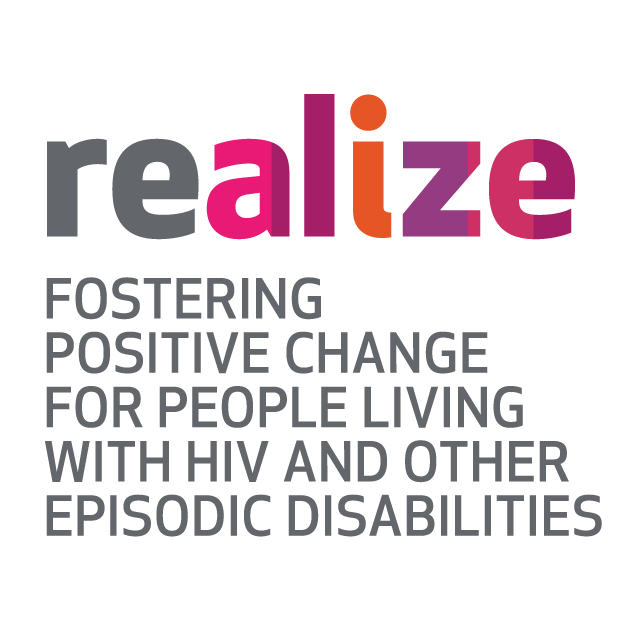Blog /
Centering Mental Health at Work
Centering Mental Health at Work
Kevin McCann (not his real name) is the manager of a mid-size sporting goods distributor in Southern Ontario. Like most business operators across the country, McCann and his team were forced to pivot their operations starting in March 2020 when the COVID 19 pandemic necessitated workplace restrictions and social distancing.

Third National Summit on Episodic Disabilities and Employment
By Roger Musselman, Communications and Program Officer, Realize
Kevin McCann (not his real name) is the manager of a mid-size sporting goods distributor in Southern Ontario. Like most business operators across the country, McCann and his team were forced to pivot their operations starting in March 2020 when the COVID-19 pandemic necessitated workplace restrictions and social distancing. They quickly set up office staff to work from home, and warehouse work was re-organized to limit close contact as much as possible.
Not every change went smoothly, but McCann takes pride in how successfully they were able to adapt and keep their customers happy. He admits that in some ways their forced, sudden pivot almost three years ago was easier to manage than the workplace uncertainty they’ve faced as work has returned to ‘normal’. “We are finding it more difficult to hire new staff with the skills we need, and some of our existing staff are on reduced hours, revised workloads or leave due to Long COVID, mental health concerns or other health challenges. We need to find the right balance in the way we work to keep the team productive.” McCann understands the importance of workplace accommodation. He personally lives and works with episodic disability related to a long-term health condition (episodic disabilities are characterized by fluctuating periods and degrees of illness and wellness).
The challenges Kevin McCann is facing in his business are playing out in workplaces across Canada and internationally. “Combined data from the Labour Force Survey (LFS) and the Canadian Income Survey shed new light on the impact of the COVID-19 pandemic on the prevalence of disability in the workplace. Among those who were employed during the first four months of 2021, more than one in five (21.5%) had a physical, mental health, cognitive or other disability. This was an increase of 2.7 percentage points compared with 2019 (18.8%), continuing a long-term upward trend associated with population aging and other factors.” (Statistics Canada, 2022) Many researchers expect this increase to continue and even accelerate in 2023. At the first National Forum on Long COVID, hosted by Realize as part of the second National Summit on Episodic Disabilities and Employment in March 2022, the Chief Public Health Officer of Canada, Dr. Theresa Tam, acknowledged “post-covid condition” as a real illness affecting people in Canada and announced the government would launch a survey to gather more information.
Melissa Egan is the National Lead, Episodic Disabilities at Realize. She explains, “70% of people living with Long COVID have reduced work hours or are not currently working. It is critical that we understand the full scope of the effects of Long COVID for people living with the illness and also what it means in terms of their working lives and for their employers.”
Egan continues, “we also need to recognize that there has been a significant rise in people’s levels of anxiety, stress and other mental health challenges during the pandemic. In our role (at Realize) as the convening organization for the National Episodic Disabilities Forum (a pan-Canadian forum of people living with episodic disabilities, national disability organizations, employers, federal policymakers and researchers), as COVID restrictions have eased, the concern we’ve heard over and over again is about mental health in the workplace and uncertainty. That’s why we have made Centering Mental Health at Work the focus of this year’s National Summit on Episodic Disabilities and Employment.”

Realize will host the third National Summit on Episodic Disabilities and Employment: Centering Mental Health at Work, March 21 and 22, 2023, from 12:00 p.m. to 3:30 p.m. ET.
This free, virtual Summit is a ground-breaking gathering that will highlight research, tools and approaches to creating inclusion and accessibility, and accommodation best-practices for those living with mental health challenges and other episodic disabilities at work.
Related News

Employee Education is a Critical Defence Against Cyber Attacks

How Your Organization Can Quantify and Reduce Your Cyber Risk




